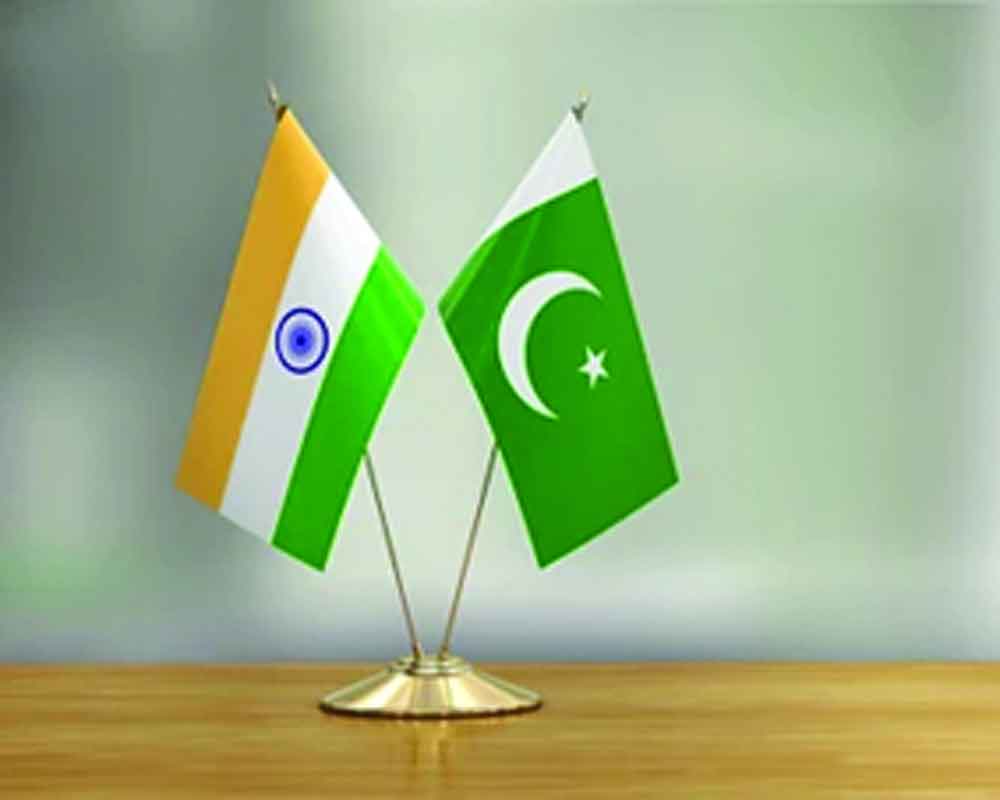Pak's claim of an India link in the killing of two terrorists on its soil is purely to score brownie points
Pakistan is back to doing what it is known best for --- India bashing. Taking a cue from the India-Canada spat, though that controversy has petered out and Ottawa has even acknowledged that New Delhi is helping it in the probe, Islamabad has accused India of conspiracy to kill two of its citizens (known terrorists) on its soil. While Pakistan's attempt to draw a parallel with the Canada situation is not surprising, it is important to scrutinise the evidence and call Pakistan's bluff. Rather than launching a thorough investigation into the alleged killing of the two operatives, Pakistan has swiftly pointed the finger at India. In doing so, it aims to divert attention from the real issues and create a parallel narrative that manipulates public perception and serves its geopolitical interests. However, it is essential to note that each incident has its unique context, and attempts to equate these oversimplify complex geopolitical dynamics. India has categorically denied any involvement, besides calling for a transparent and impartial investigation to ascertain the facts. Basically, New Delhi has effectively challenged Islamabad to provide concrete evidence supporting its claims. This is not the first time that Pakistan has sought to blame India for its problems. It has often accused India of instigating insurgents in Baluchistan, though without any evidence. The latest allegation must be seen in light of Pakistan's background of harbouring terrorists on its soil.
It must be remembered that it was Pakistan that provided a sanctuary to Osama bin Laden. The country is currently undergoing a serious existential crisis and would do everything to blame others for its shortcomings. Terrorists that are creating havoc in Pakistan are its own creation. It does not help if it keeps indulging in theatrics to pacify hardliners back home. Pakistan has a history of deflecting attention from internal issues and gain international sympathy. By blaming India, Pakistan hopes to portray itself as a victim of external aggression, conveniently ignoring the persistent issue of terror within its borders. As the world scrutinises Pakistan's claims, it becomes imperative for Islamabad to present verifiable proof linking India to the alleged killing. Until such evidence is produced, the international community must resist the temptation to hastily accept Pakistan's narrative. Instead, nations and global organisations should insist on a thorough and unbiased investigation into the incident. By doing so, they can contribute to the establishment of truth and discourage the manipulation of facts for political gain. The recent allegations linking India to the killing of two terrorists demand a meticulous examination of the facts. The international community must remain objective. By calling Pakistan's bluff, the world can contribute to fostering regional stability and holding nations accountable for their actions. As the situation unfolds, a commitment to truth and justice will be essential in navigating the complex web of geopolitics in South Asia.


























